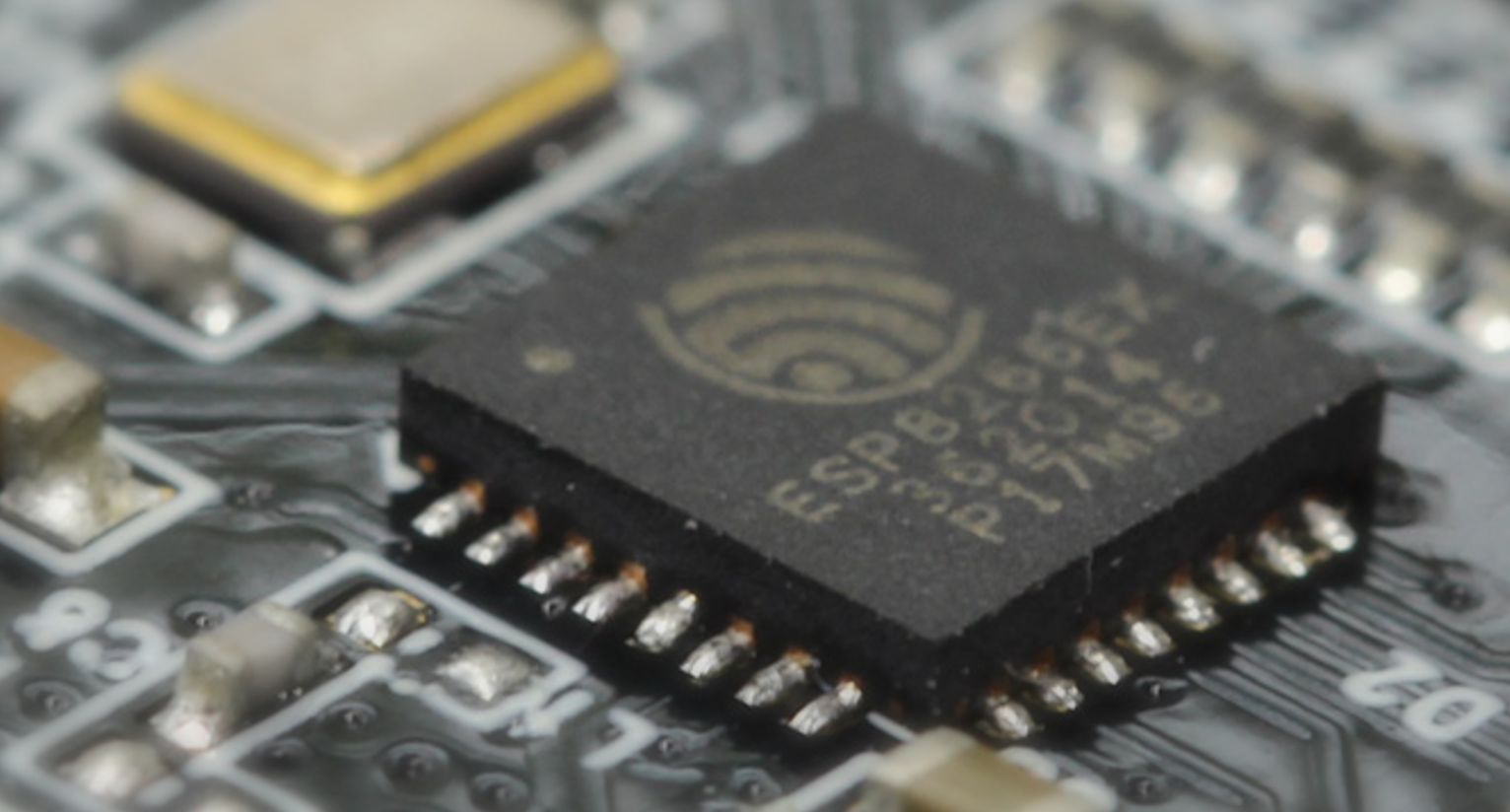>> ARDUINO INTRODUCES BOARDS WITH INTEGRATED WIFI
It is always exciting to see new boards introduced - IoT continues to grow!

Arduino
have recently released a new suite of micro-controller boards containing the
ESP8266
WiFi module by Espressif - bringing integrated WiFi capabilities to their
line of products. Introducing the
Arduino UNO WiFi,
Arduino Star Otto
which follow up the popular UNO and Due devices and the new
Arduino Primo,
their first device with integrated BLE functionality thanks to the partnership with
Nordic Semiconductor.
The ESP8266 isn't new to the Arduino world, in fact it has been a popular
choice for providing WiFi functionality to developers via a
breakout board
due to its low price and high power packed into a small package. The
specifications speak for themselves, being quite capable:
Processor: ESP8266
Architecture: Tensilica Xtensa LX106
Operating Voltage: 3.3 V
Flash Memory: 4 MB
RAM: 8 MB instruction, 12 MB data
Clock Speed: 80 MHz
WiFi: 802.11 b/g/n 2.4 GHz
Wake up time: < 2 ms
It was only natural to pair the classic Arduino micro-controllers with
this chip to provide integrated WiFI functionality without the need of
of an expansion shield. The original WiFi shield used the Wiznet
W5100
chipset and the Texas Instruments
CC3000
has been a low-cost alternative.
The ESP8266 not only brings WiFi to the new boards; it also provides the
ability to perform OTA firmware updates - something that has been missing
and surely will be welcomed by developers.
Arduino UNO WiFi
The Arduino UNO WiFi seems to have been introduced just to complete the
suite of micro-controllers and has been labelled more as a 'developer edition'
as an entry level device for developers to become familiar with the new
chipset pairing.
Microcontroller: ATmega328
Architecture: Atmel AVR 8-bit
Operating Voltage: 5 V
Flash memory: 32 KB
SRAM: 2 KB
Clock Speed: 16 MHz
EEPROM: 1 KB
GPIO: 6 Analog, 20 Digital, 6 PWM
The supporting micro-controller is exactly the same as the one within
the Arduino UNO; running at a mere 16Mhz it seems underpowered sitting
near the 80Mhz ESP8266 that is more than capable of replacing the Atmega328
entirely. It is obvious low powered micro-controllers are here to stay.
Arduino Star Otto
The Arduino Star Otto surely packs a punch with the STMicroelectronics
STM32F469BI,
a respectable upgrade from the Arduino Due which was limited to 84mhz
- it also offers a micro-SD slot, connector for LCD-Audio-Camera, USB
Host, headphone and speaker output and an on-board stereo microphone
for the development of audio visual projects.
Microcontroller: STM32F469BI
Architecture: ARM Cortex-M4
Operating Voltage: 3.3 V
Flash memory: 2 MB
SRAM: 384KB + 16MB ext SDRAM
Clock Speed: 180 MHz
EEPROM: 128 KB
GPIO: 16 Analog, 70 Digital, 14 PWM
A massive 2 megabytes of flash memory coupled with 128kb of EEPROM and micro SD
card means storage space wont be an issue on this device. It is unfortunate it
is slightly underpowered at 180Mhz, meaning it wont be replacing a Raspberry Pi
any time in the future.
Arduino Primo
The Arduino Primo is definitely the most exciting from the new boards - not
only does it sport the Nordic Semiconductor
nRF52832
for Bluetooth Smart capabilities, but it also has an integrated NFC (Near
Field Communication) module and infrared receiver and transmitter. It also
has a 2-pin JST-PH connector for connecting an external battery to allow
for easy powering.
Microcontroller: Nordic nRF52832
Architecture: ARM Cortex-M4F
Operating Voltage: 3.3 V
Flash memory: 512 KB
SRAM: 64KB
Clock Speed: 64 MHz
EEPROM: 128 KB
GPIO: 7 Analog, 20 Digital, 12 PWM
Bluetooth Smart: BLE4.0:
TX power [ +4dBm .. -96dBm ]
The Arduino Primo could be an excellent off-the-shelf candidate as an
IoT gateway for BLE sensors; hopefully the SDK provided by the Arduino
team allow the device to be utilized in both peripheral and central modes.
A promising device that also boasts a 128Kb of EEPROM and plenty of flash
memory for programming and a modest 64Mhz of processing power.
I look forward to playing with all of these devices when they become
available - the Arduino UNO WiFi is already available from your local
electronics retailer. It is great to see hardware manufacturers working
together to bring such devices and evolve the micro-controller market.